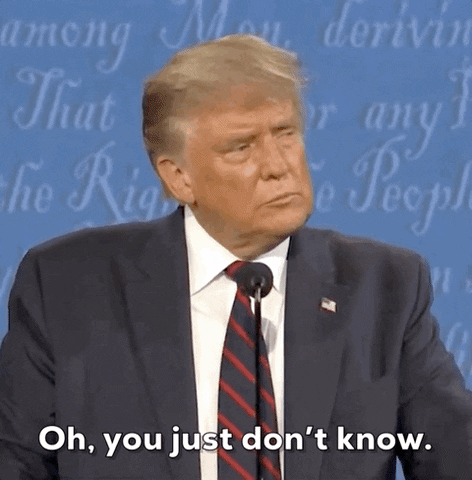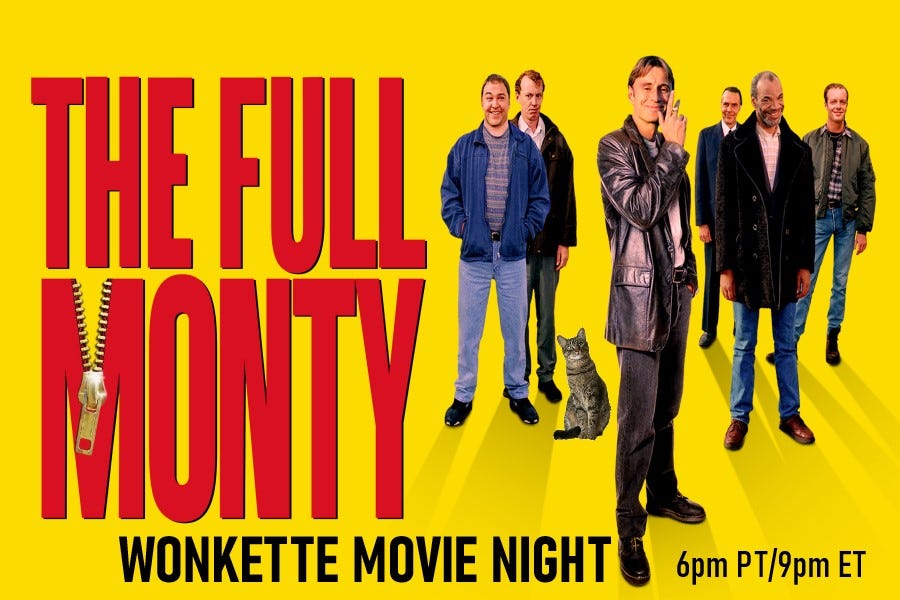In an interview with RogerEbert.com, Hunting talked about his film’s influences, such as “Paris is Burning,” the use of Vance Joy’s “Riptide,” and the calming connectivity offered by VR.
There are quite a few storylines and people you talked with. How did you decide who to focus on in this world?
The decision to choose the subjects had a lot of different inspirations, but the key for me was looking for voices that could connect with people. Not only in the VR audience, people who have tried VR and know what that technology is, but also people who’ve never tried it before and could relate to these people and relate to their stories. And I felt the subjects that are in the documentary: Jenny, IsYourBoi, Dragon Heart, Dust Bunny, Toaster, and others—they all had a story and a voice that all audiences could connect with. That was really the key to my decision. But I interviewed various people all around VR chat and immersed myself in about eight different communities. So it’s certainly a journey of patience and finding the right people. And I feel very grateful that the community allowed me to do that.
What sort of hesitancy, if any, was there among the subjects to participate? I would think on a platform that can afford some anonymity, this might have been somewhat difficult?
I wouldn’t say it was difficult. Not to pat myself on the back, but, for me, my approach to the film was always, as you would approach a live action documentary, was to always be very transparent with everyone who was participating in the film: What I was doing and how I was going to represent their stories in the documentary. So when meeting subjects and having those intimate conversations that we see in the film, we were always on a level, the same level of anonymity and trust and understanding of where this footage might go and how it’s going to be used. I think that was extremely important in this scenario. Maybe more so than if you were making a live action piece. Because it’s harder to appreciate where this filmmaker is coming from—Who is this director? And where are my words going?
Because, you know, I’m not there traveling to them, showing up with my real face and showing them the footage after we’ve shot it and showing them the rest of the crew. It’s just me as an avatar. So that was really important to me, ethically speaking. I didn’t receive any pushback, thankfully, because of that. And I think that just comes with transparency and honesty as well. But I can say most of the subjects, if I had asked them to make this documentary and to have done what we did in real life, most of them would’ve said “no.” It’s the fact that it was in VR that made them feel comfortable and allowed them to share their stories openly.









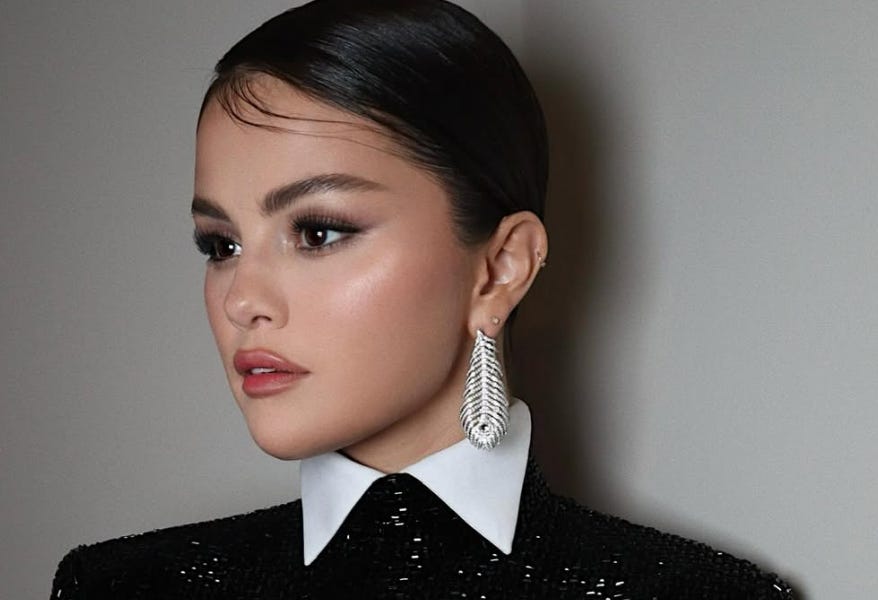
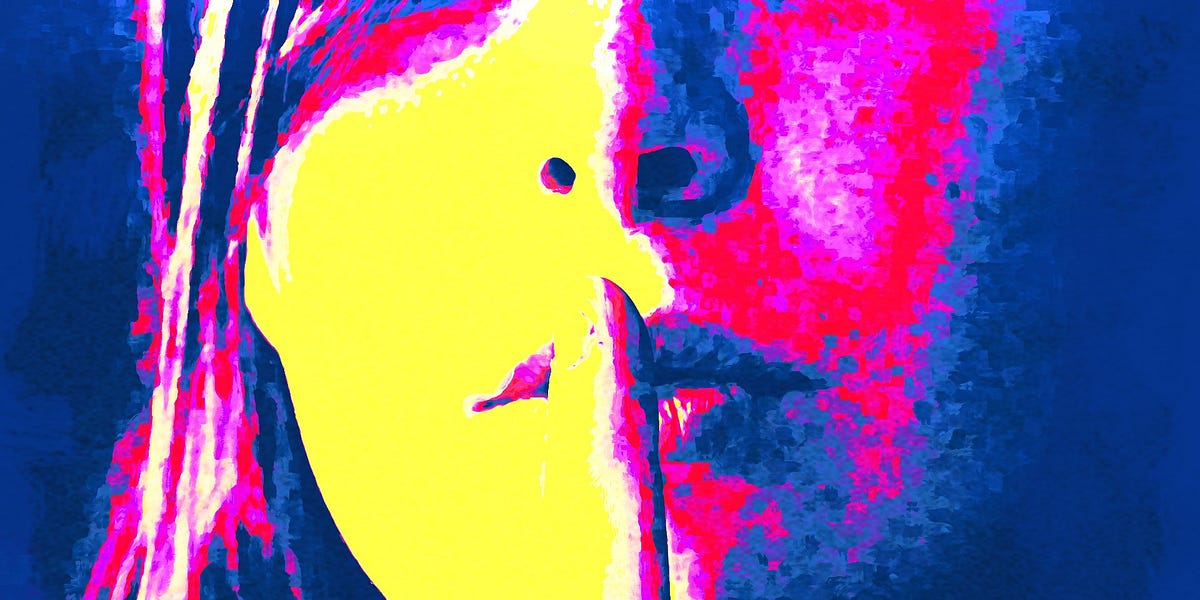

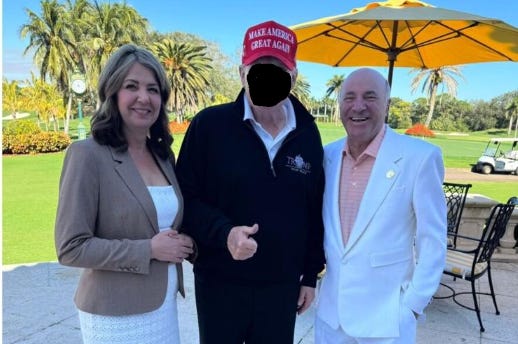

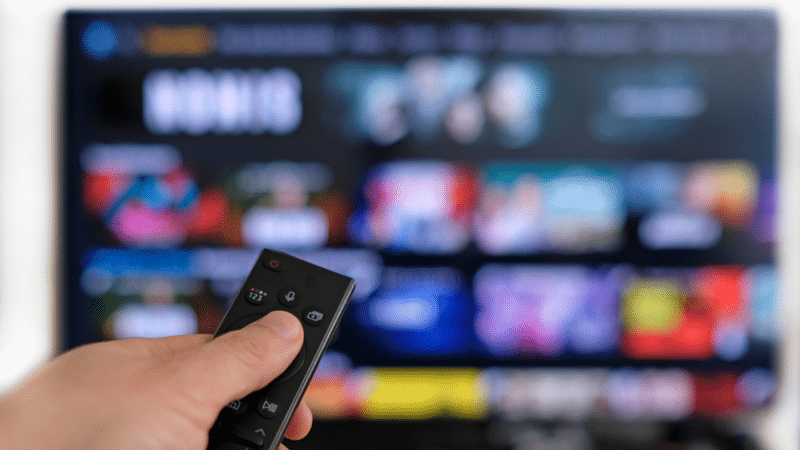
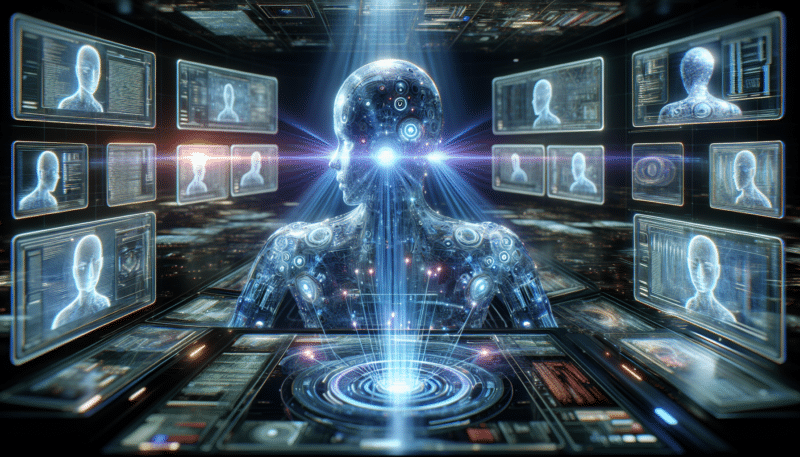




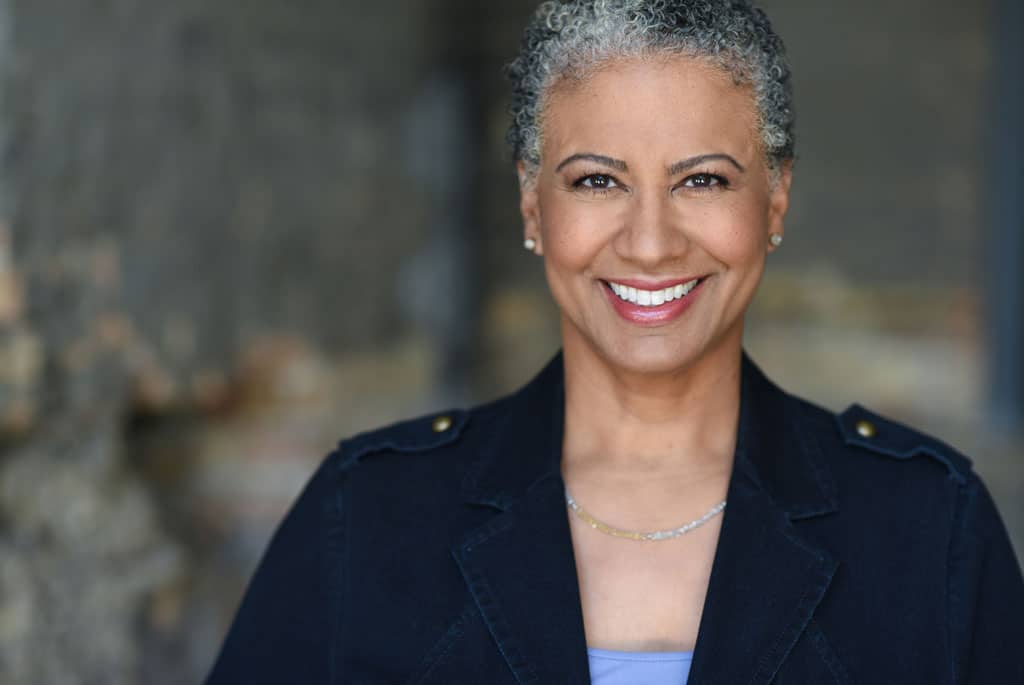

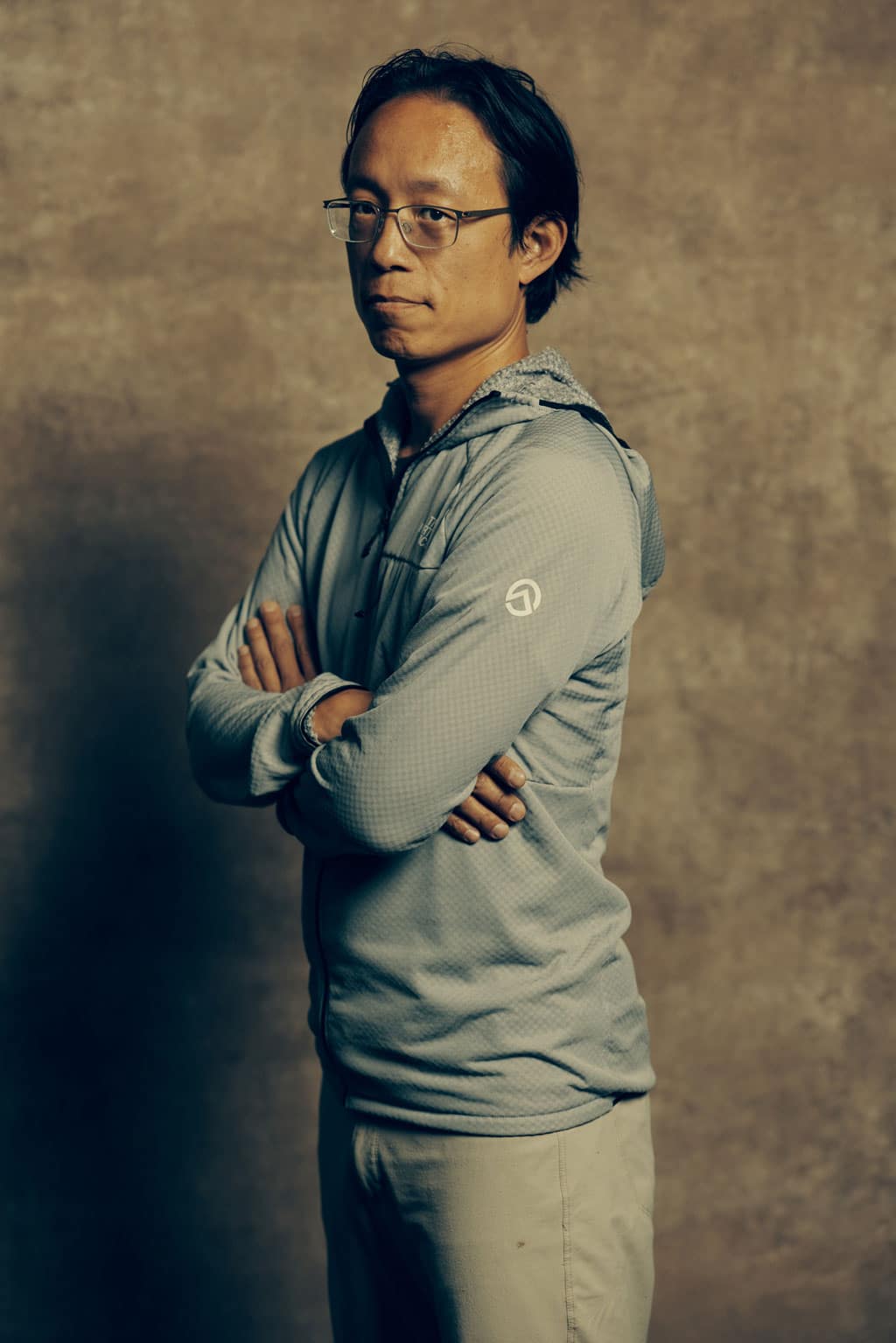
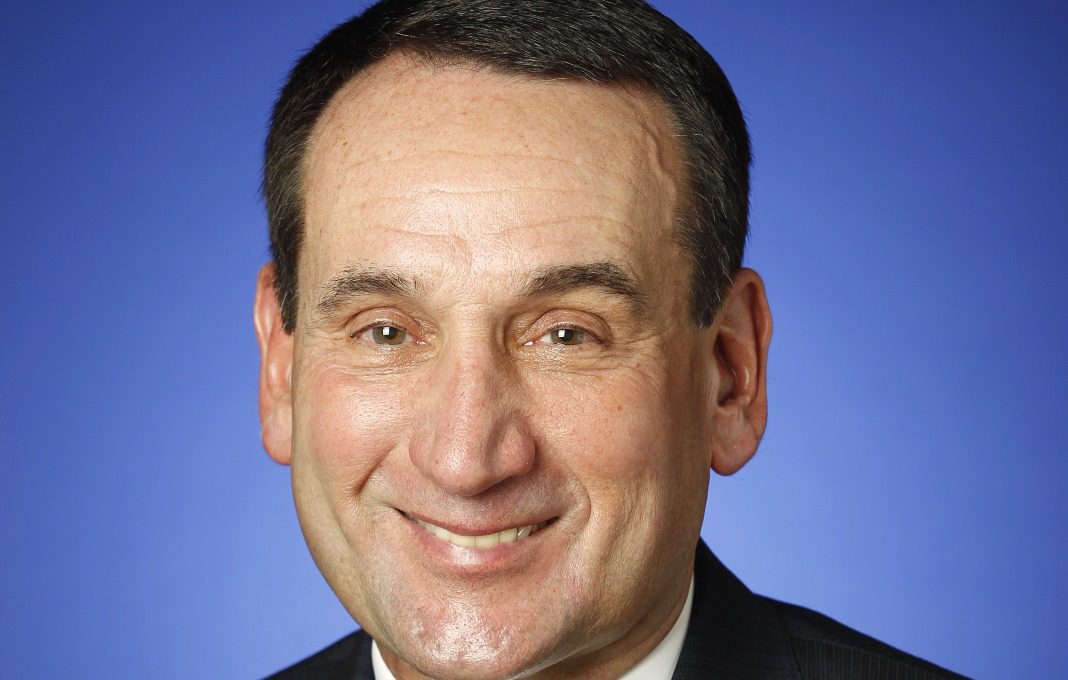


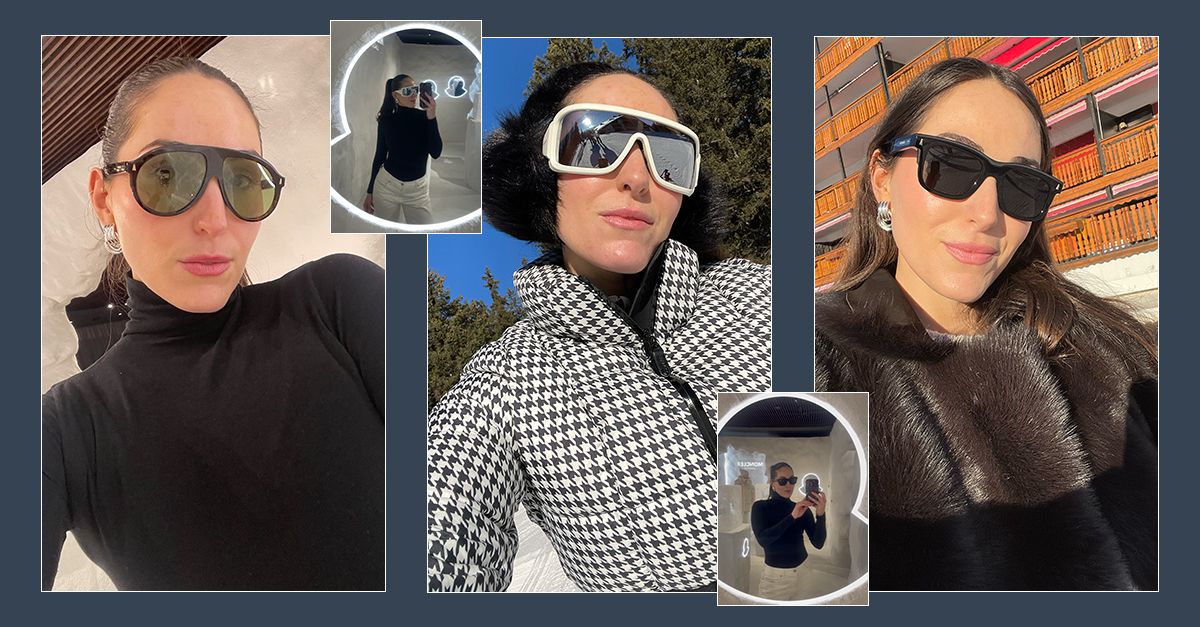
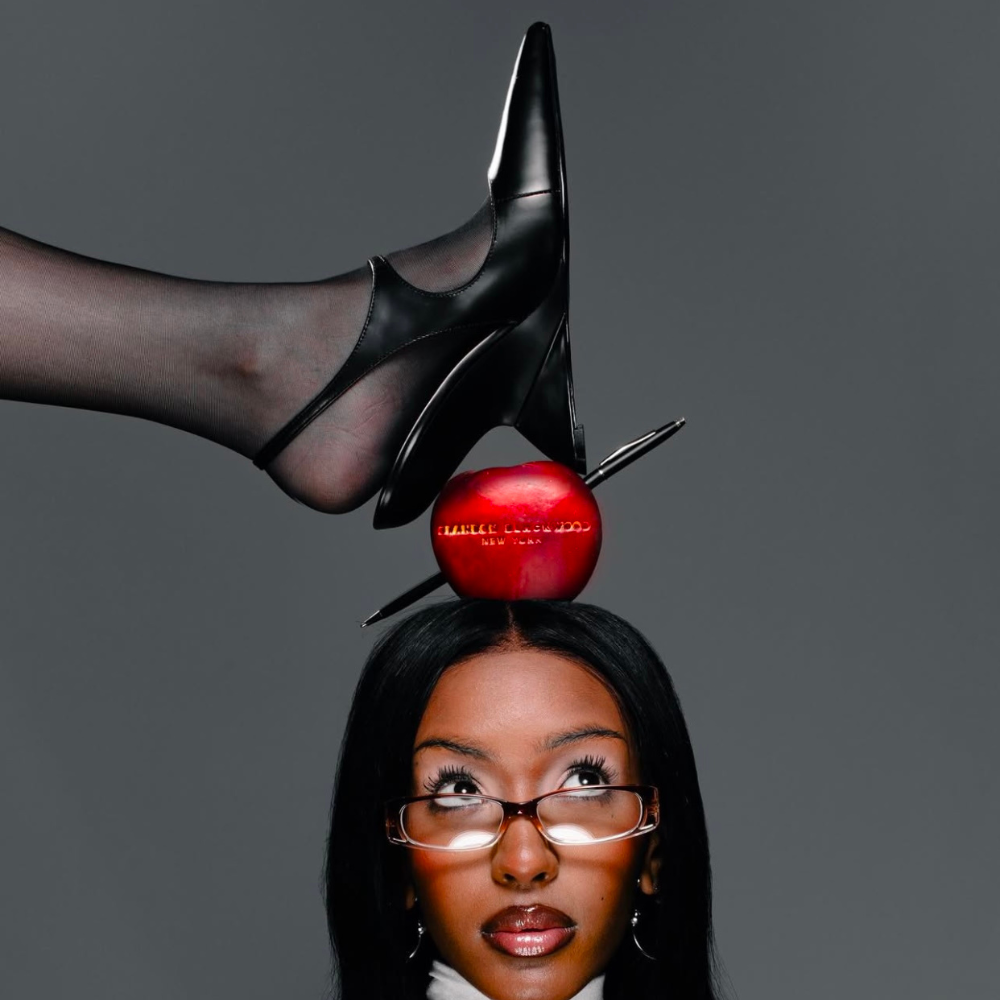

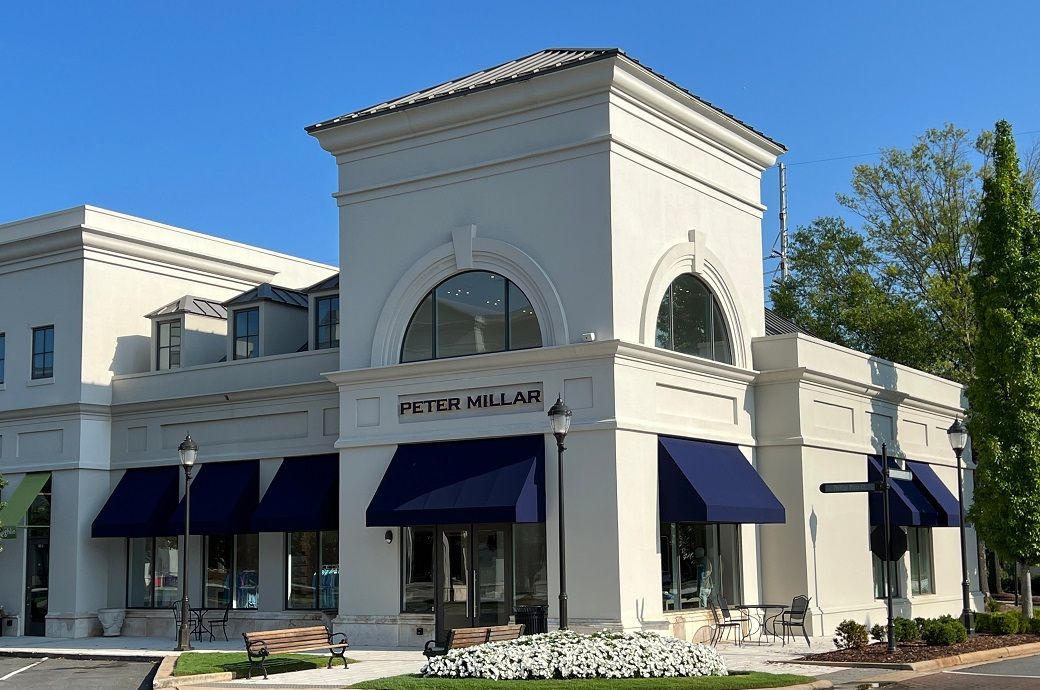
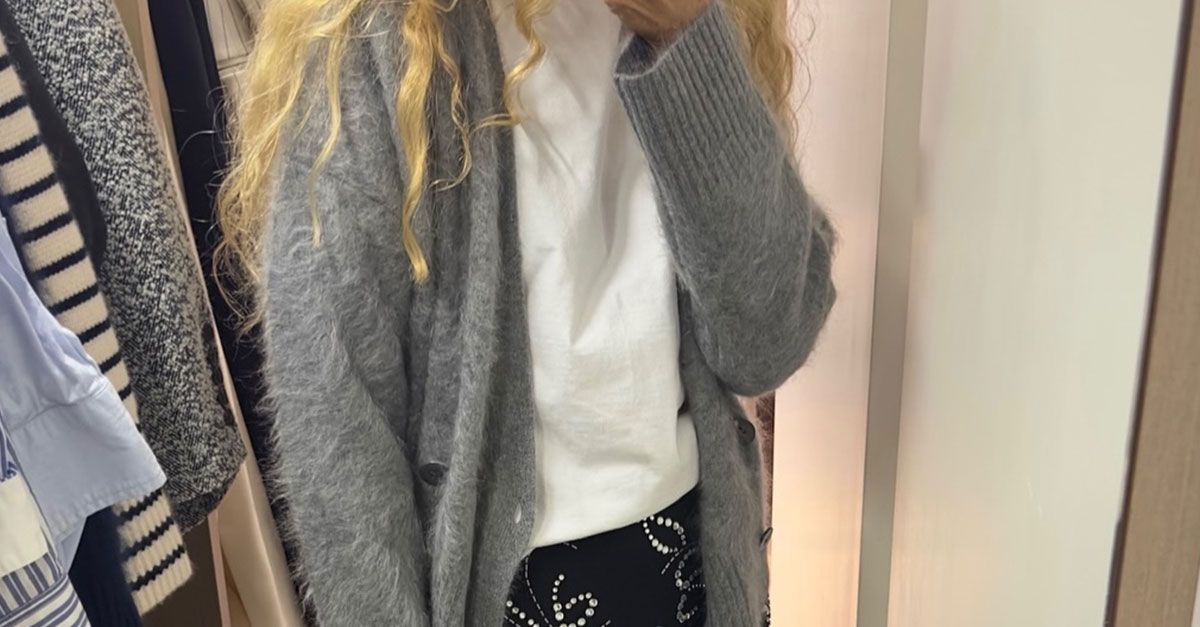






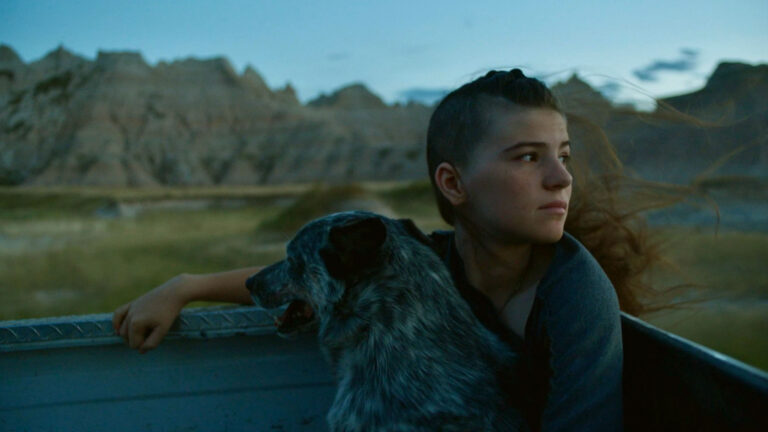
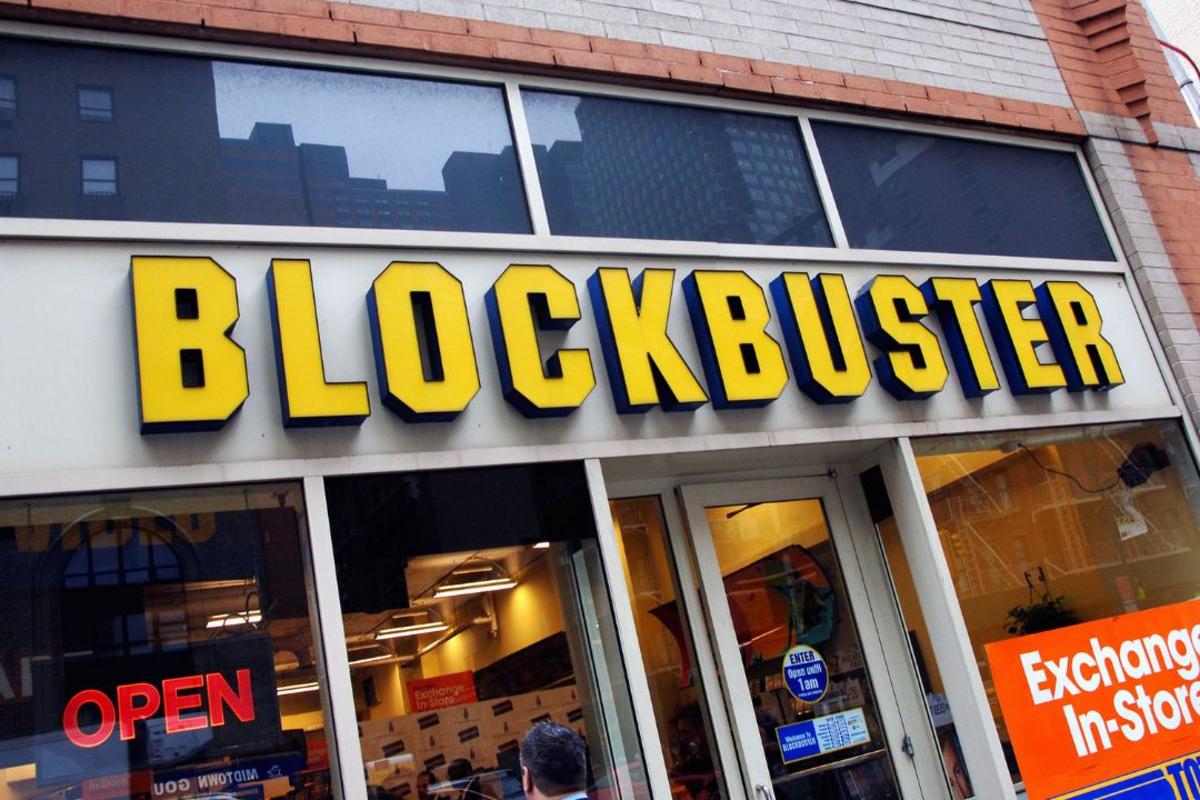
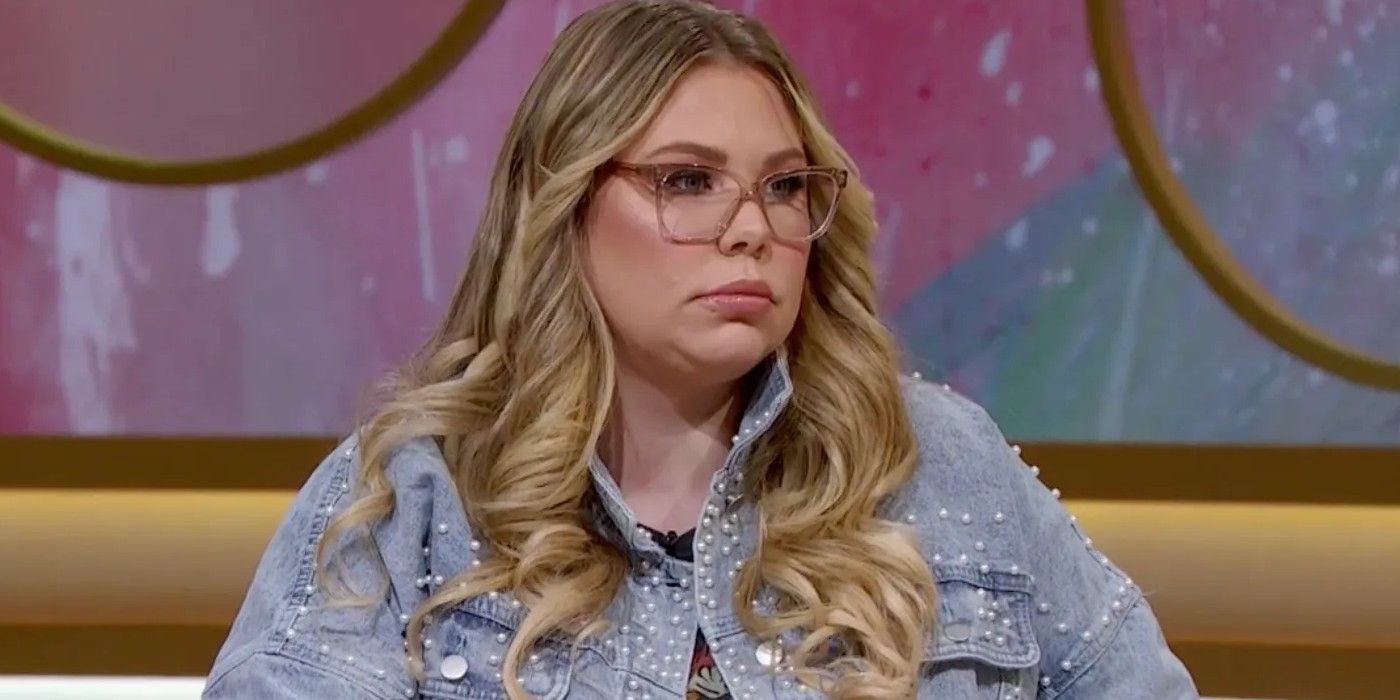


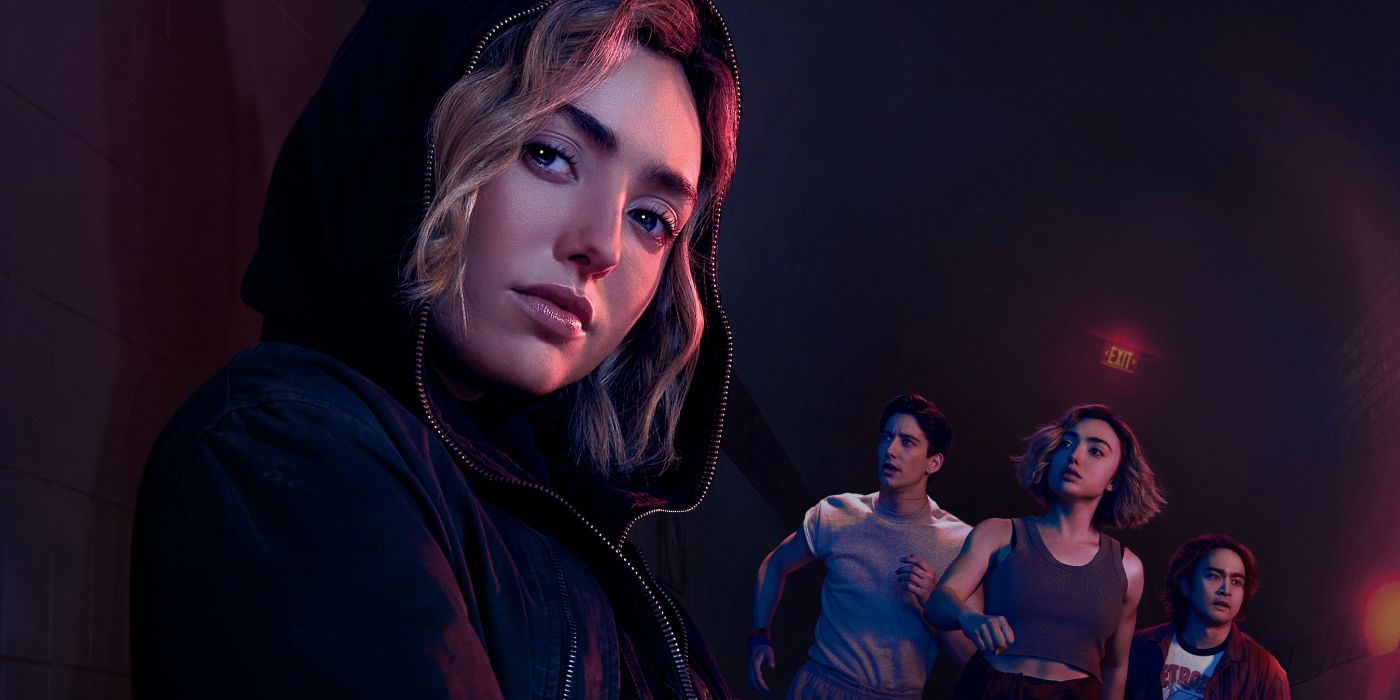

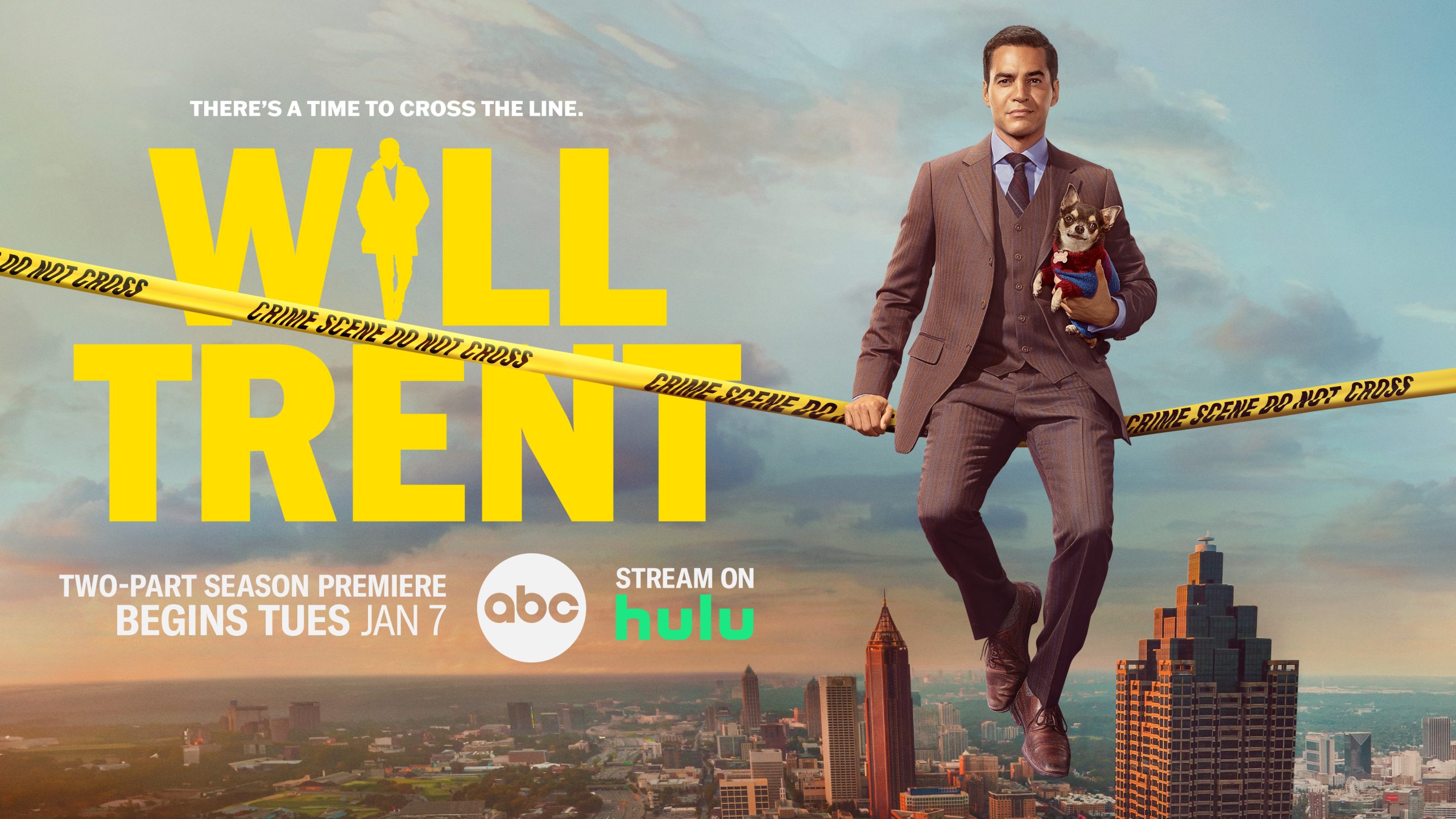
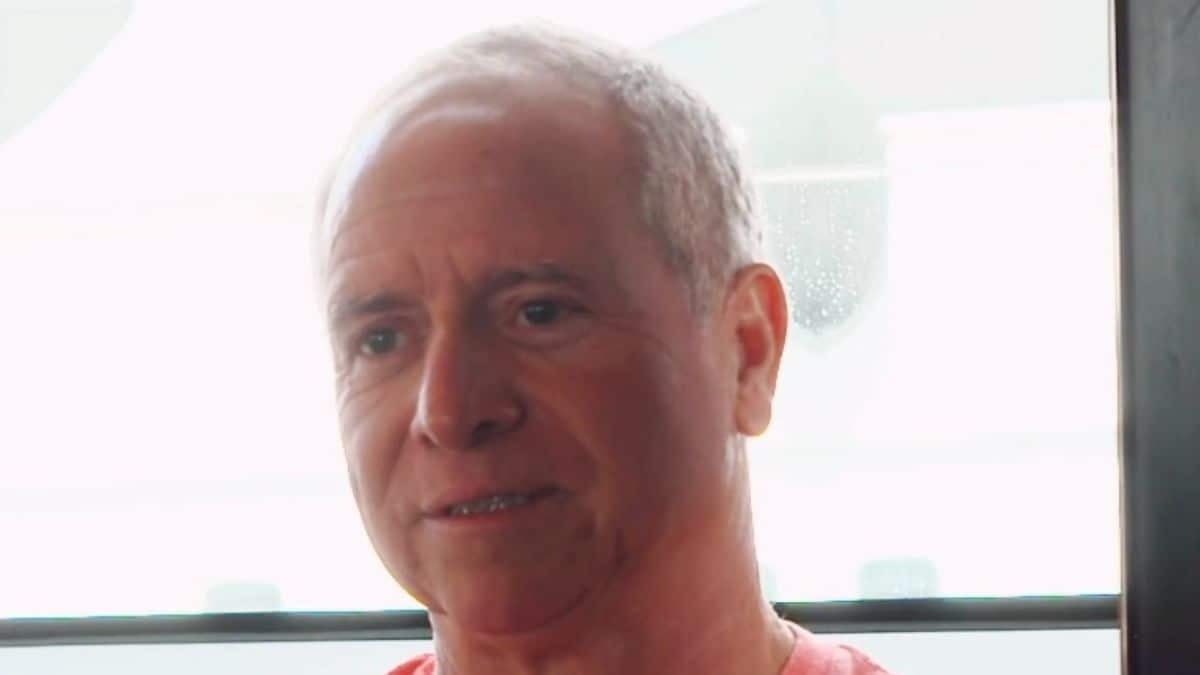

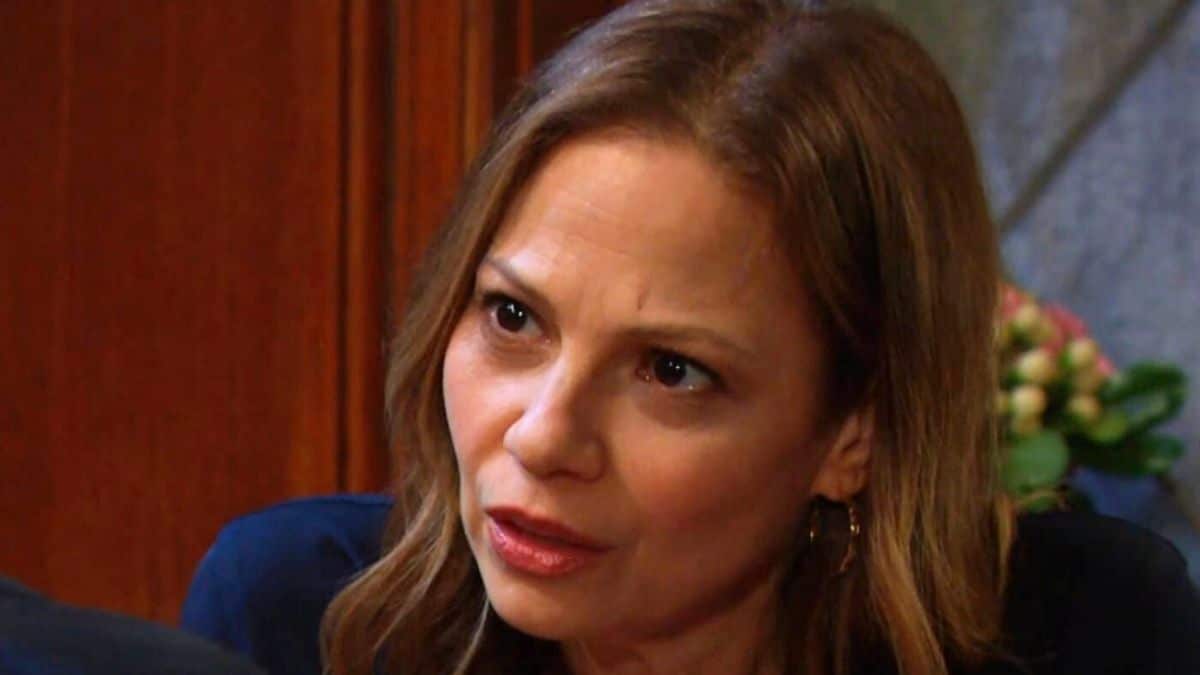
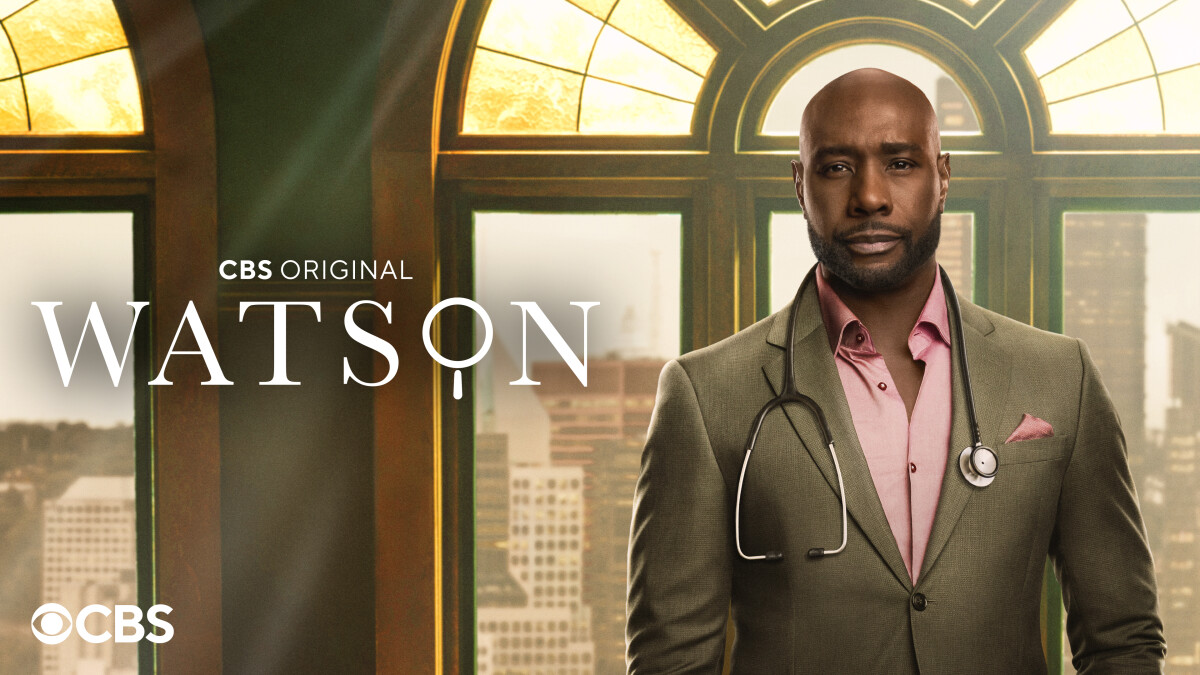
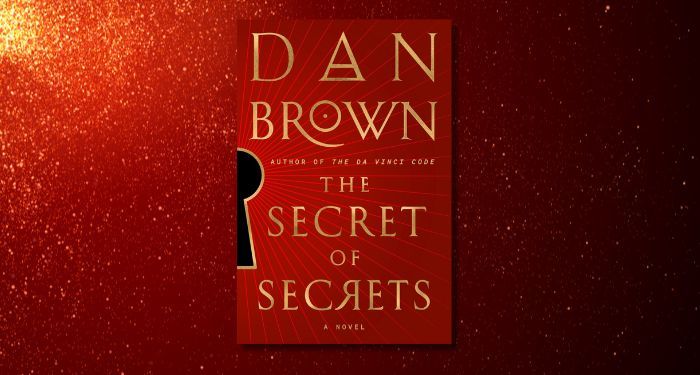
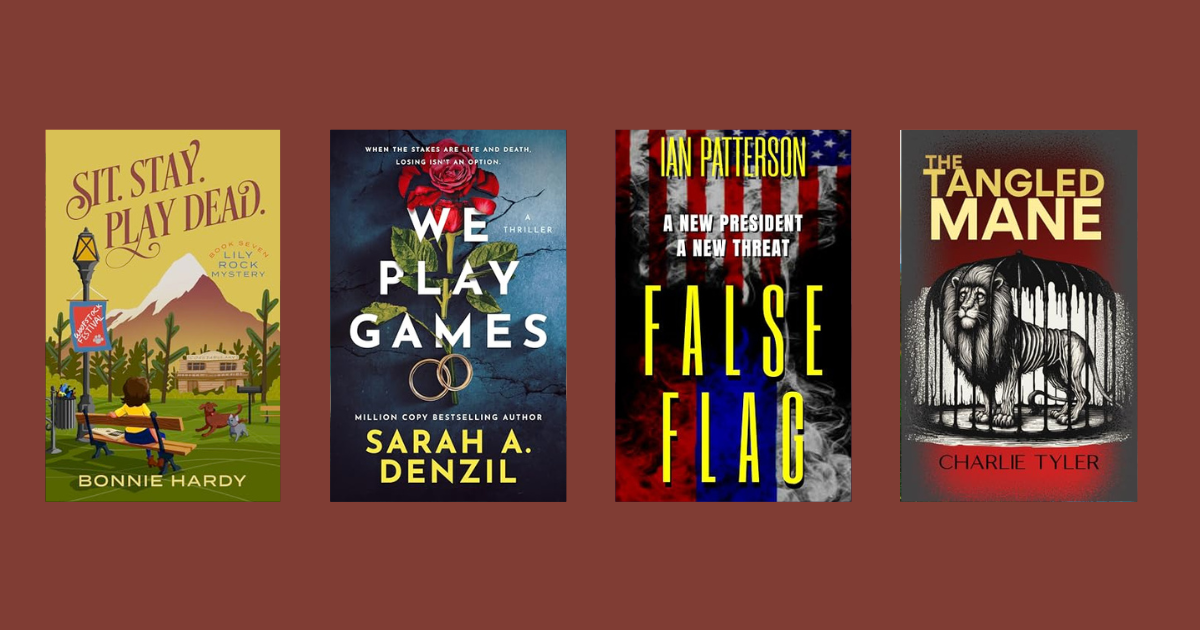

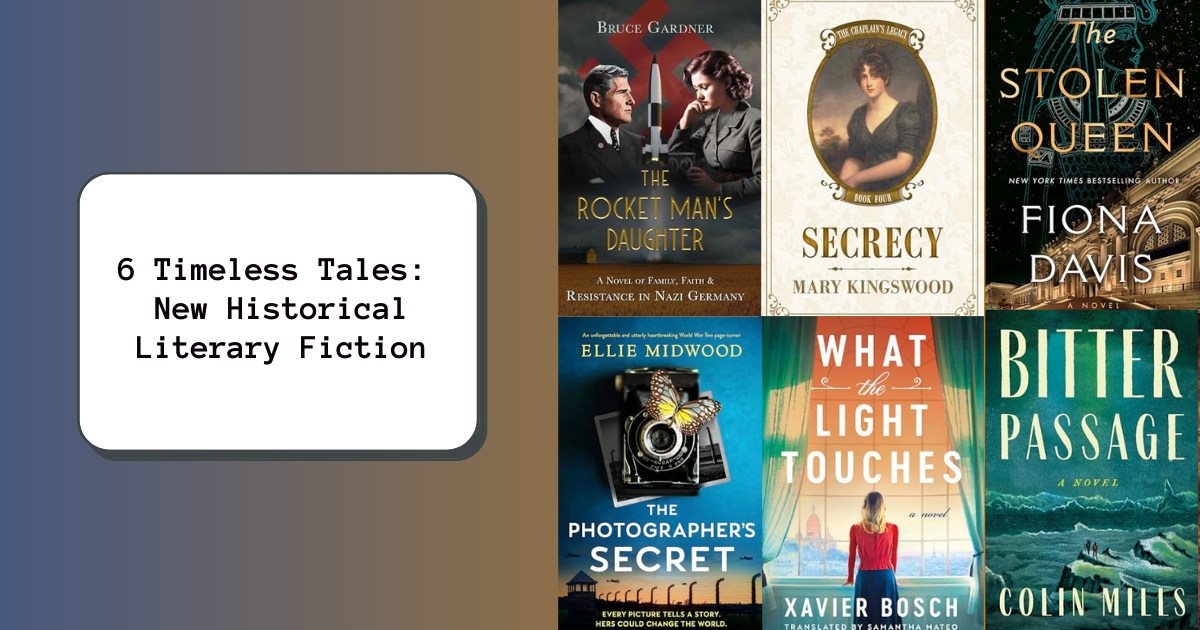

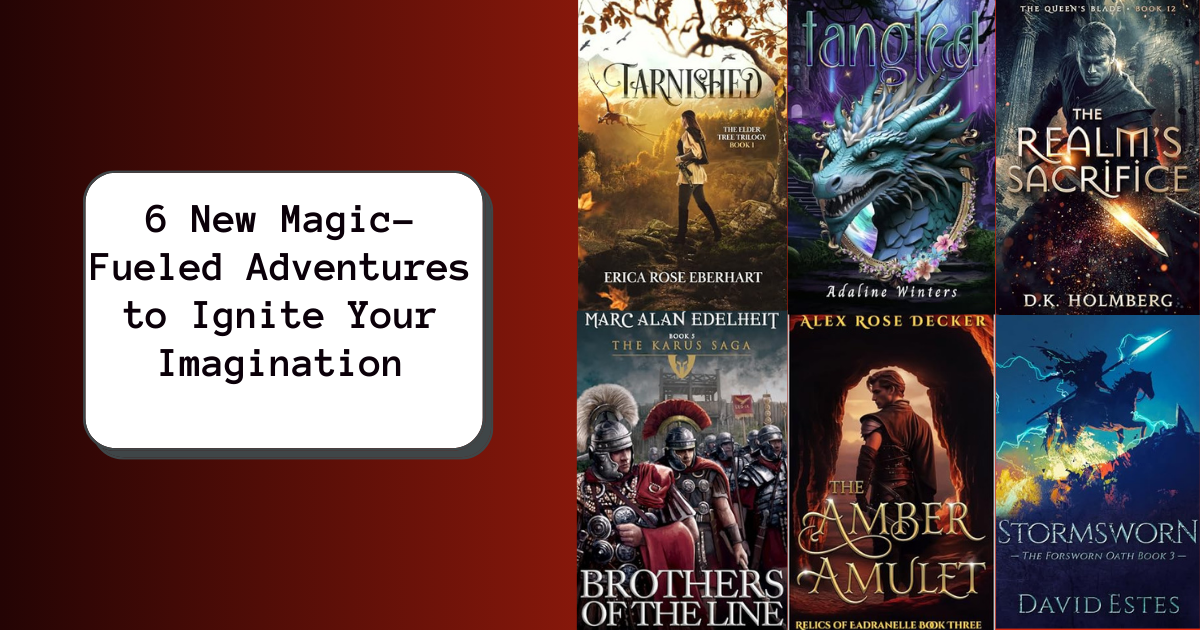
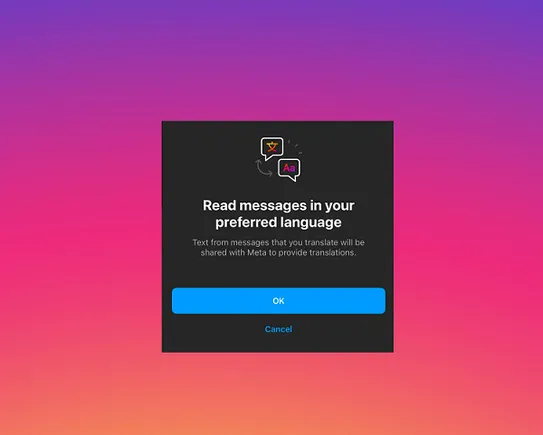

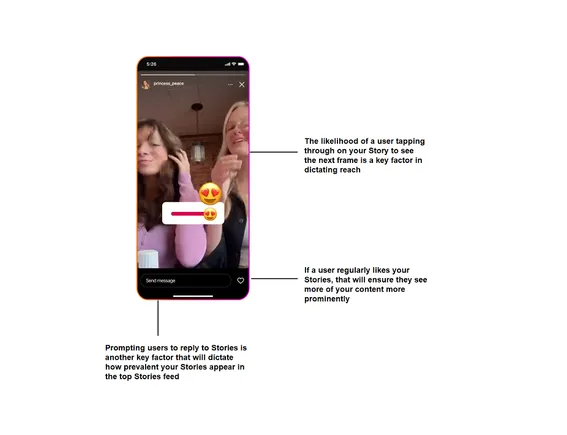

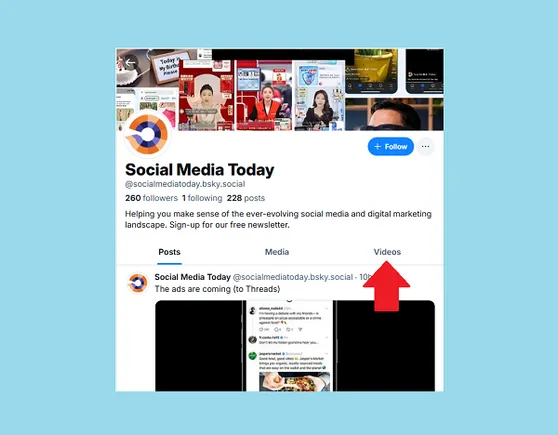
![How Will AI Impact the Global Workforce? [Infographic] How Will AI Impact the Global Workforce? [Infographic]](https://imgproxy.divecdn.com/vhdGY5213MhIJV6-NnwNGwlYkeRCW5mkaDQGgpKM3Qs/g:ce/rs:fit:770:435/Z3M6Ly9kaXZlc2l0ZS1zdG9yYWdlL2RpdmVpbWFnZS9haV9qb2JzX2luZm9fMi5wbmc=.webp)



